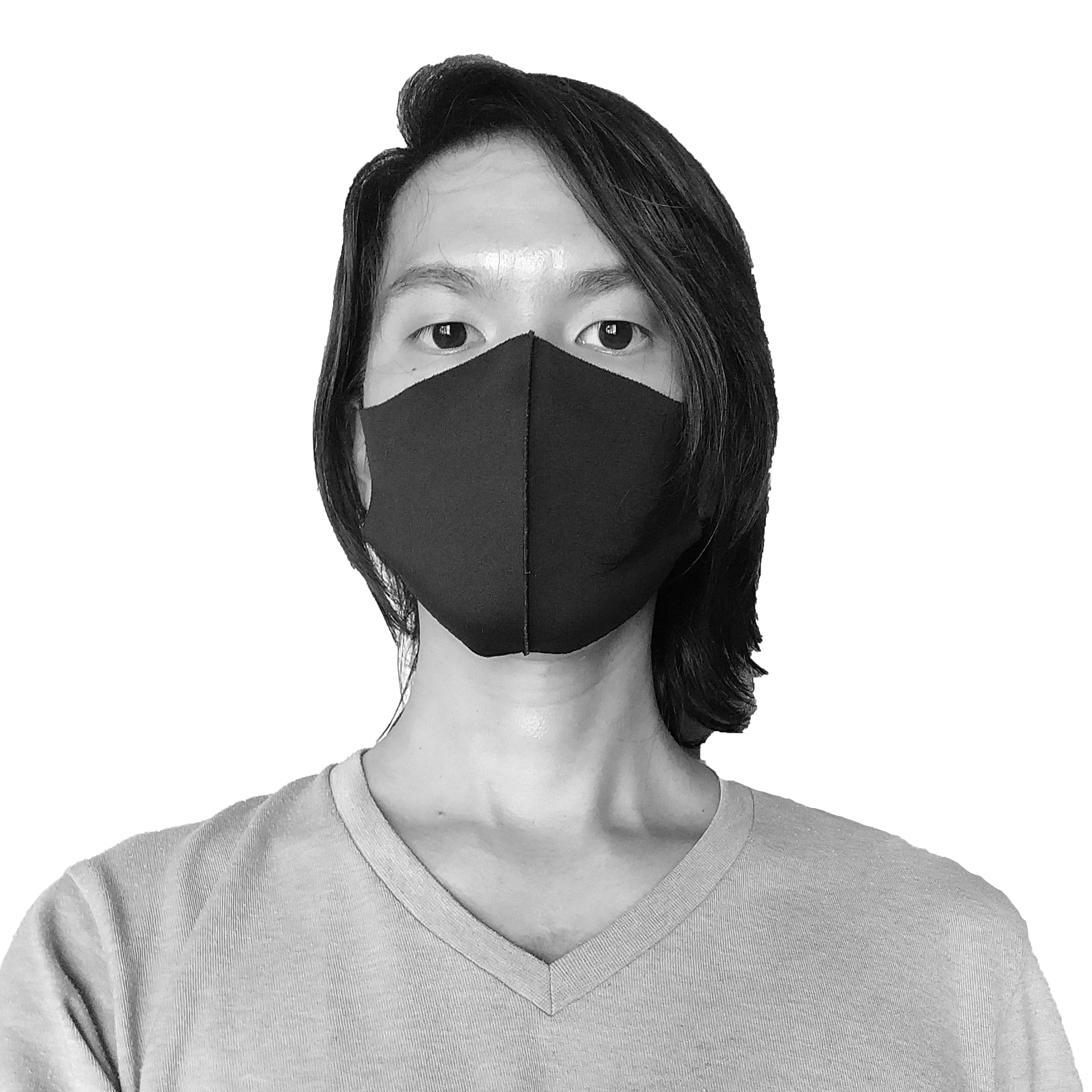HONG KONG—The rumors began to swirl last summer in Beijing, but there were whispers as early as two years ago. Could the Chinese president really move to scrap the two-term limit that would see him vacate his seat of power in 2023?
It seemed far-fetched, though the latest reports out of the Chinese Communist Party’s center of power are suggesting that hearsay, gossip, and speculation are about to become truth—Xi Jinping is here to stay, and nobody can say for how long.
Over the weekend, the state-backed Xinhua news agency reported that the CCP has proposed to modify the Chinese constitution in a fundamental way: the condition that the country’s president and vice president shall “serve no more than two consecutive terms” totaling 10 years will be struck from the constitution. All it took was 42 words to deliver the message.
The immediate implication is that Xi Jinping could be president for life if he manages to consolidate and maintain power—two actions that he has been incredibly adept at executing since becoming the nation’s political and military leader in 2013.
How likely is the change to take place? Highly. It is the first major policy overture by the CCP this year, coming directly after the Chinese New Year break in February. Failure to get a green light or backtracking would be unthinkable.
The last dictator of China was Mao Zedong, who was in power between 1949 and 1976 as the Great Helmsman of the Chinese communists. Parallels between Mao and Xi are unavoidable, especially since there was no clear successor for the Chinese president during last year’s National Congress of the Communist Party of China, when the country’s top political delegates met in Beijing. As think-tankers and China Hands from the West express shock and disgust at the notion of Xi holding on to power for years to come, with no end date of his tenure in sight, reactions in China’s major cities have been far quieter. As is often the case in China, emotions are mixed.
Few beyond Xi’s most radical supporters welcome the prospect of dictatorship becoming part of their country’s constitution. And yet it would be impossible to dispute that the standard of life under Xi is the best that China has seen since the CCP took power and became the country’s government. Xi’s ideology of making real the “Chinese Dream” and a “great revival” of the Chinese nation, though easy to skewer due to poorly thought out or anachronistic propaganda campaigns, holds water. National pride is a tricky thing, because it involves taking credit for the accomplishments of other individuals, and buying into myths. And yet, in this case, it’s an easy pill to swallow, when each generation says that things are just a little better. Folks recognize that it is the policies of post-Mao leaders that have laid the foundations for the current conditions, but Xi has managed to build upon them in unprecedented ways. His acolytes have sculpted a cult of personality around him, and his slogans and visage are unavoidable on billboards, on newspapers’ front pages, and on every kind of screen. All of this smacks of dystopian rule, yet few would deny that Xi does take into account the people’s interests.
Xi has many ambitions. An anti-corruption drive has reduced highly visible forms of bribery, but has also been used to root out opposing factions and any apparatchiks who would not fall in line. When completed, the “One Belt One Road” will physically link China with much of Eurasia and parts of the African continent. Territorial claims have folded the South China Sea under the CCP’s influence, with the construction of military bases on artificial islands springing up, and bombastic Philippine President Rodrigo Duterte resigning to the reality of the situation. The People’s Liberation Army is being reorganized and modernized, with new tech and hardware added to its arsenal every season, its fighting force increasingly resembling that of America’s. In 2017, at Davos, Xi made a case for Chinese leadership on the global stage. (As cries of “America first” were being let out west of the Atlantic, those in attendance listened closely.)
With Xi expected to remain in the top political and military position in China, his current policies will continue in their current trajectory for years to come.
Already, “Xi Jinping Thought” has been inserted into the CCP’s charter last year. The party has proposed that the same set of political theories be added to the country’s constitution. Again, it seems unlikely that this will be hindered or stalled. Xi is already the most influential Chinese communist leader since Mao, and soon the country’s fundamental legal principles will reflect that.
The fact is that the CCP sees transitions of power as risky ventures. That’s one of the reasons why the decision-making process within the party is opaque to outsiders—and why the shot-callers in China dismiss the primarily Western model of selecting new leaders every few years. To remain in power—to survive—Xi and the CCP need to accomplish grand projects at incredible scales: Massive infrastructure needs to be built at home and abroad, the party’s military needs to extend its reach across the globe, a rogue nuclear state in the Korean Peninsula must be reigned in, and the Chinese economy involving 1.4 billion people must grow even as manufacturing jobs—the country’s bread and butter for the past three decades—are shrinking rapidly. For Xi, extending his time as the party’s leader is a risk, but it’s the only way he can finish what he started. It will take years, if not decades, but few in China doubt his grit and drive to reshape the country, and even the world.






